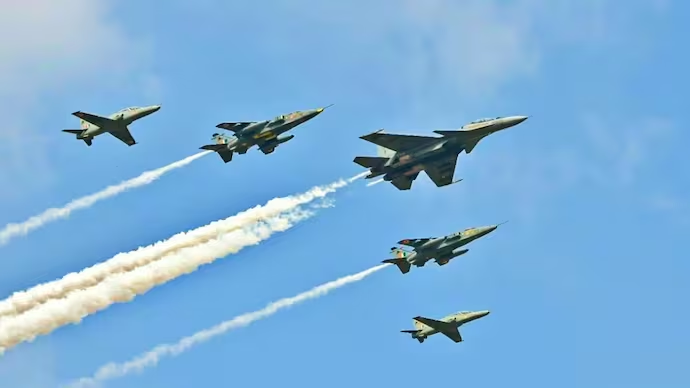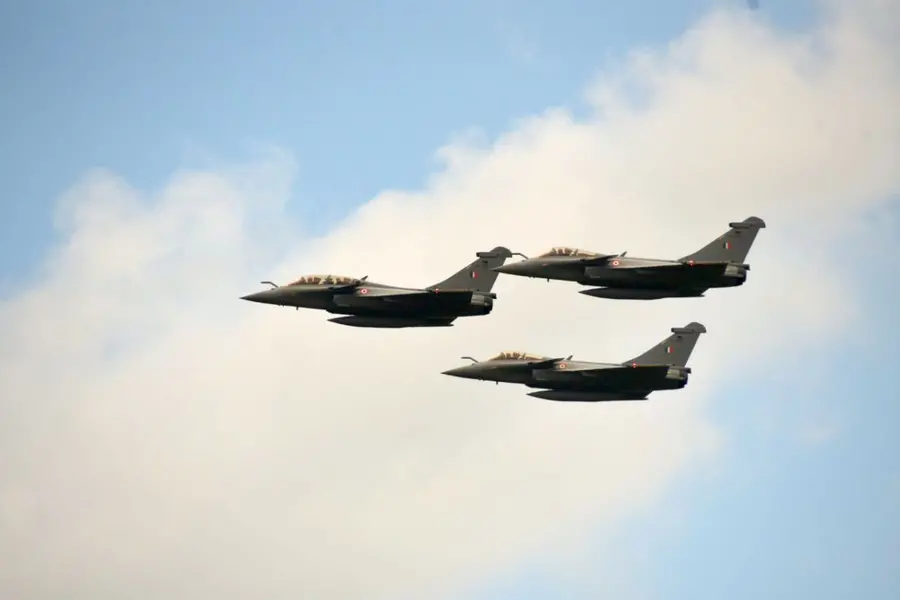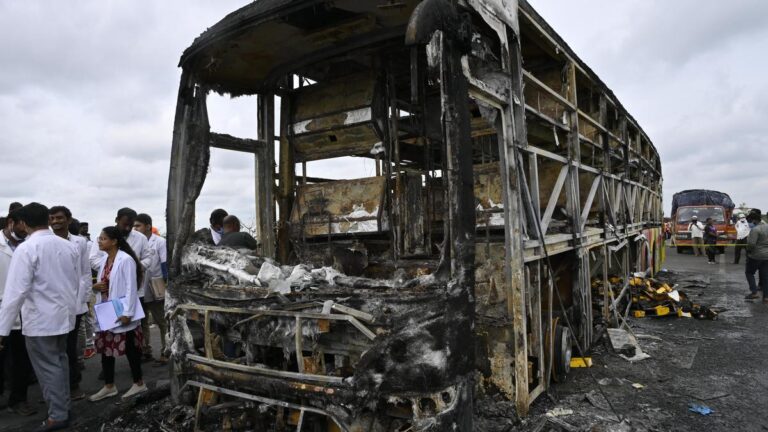
🇮🇳 Defence Attaché Cites “Constraints” in Jet Loss to Pakistan: Statement Triggers Controversy
A senior Indian Defence Attaché’s recent comment regarding the loss of Indian jets to Pakistan has triggered a political and media storm. During an international military interaction, the attaché was quoted as saying that “certain constraints” at the time led to the Indian Air Force losing a fighter jet during the 2019 India-Pakistan aerial skirmish.
The incident in question relates to the events post the Balakot airstrikes in February 2019, when Indian Air Force pilot Wing Commander Abhinandan Varthaman’s MiG-21 Bison was shot down by Pakistan while chasing an F-16 across the Line of Control. The attaché reportedly pointed to operational and equipment limitations faced by the IAF at the time, which allegedly hampered full tactical flexibility during the engagement.
The comments, seen as unusual coming from a high-ranking defence representative, quickly made headlines and invited scrutiny from defence experts, political figures, and the public alike. Some interpreted it as a rare admission of technological and strategic gaps, while others viewed it as a misrepresentation of India’s military capability.
🛑 Government Responds: Defence Ministry Issues Official Clarification
Reacting swiftly to the media frenzy, the Ministry of Defence issued an official clarification distancing itself from the attaché’s statement. The ministry stated that the remarks were made in a personal capacity and were taken out of context.
“The statement does not represent the official position of the Government of India or the Indian Armed Forces,” the ministry noted. It further emphasized that the Indian Air Force’s performance during the 2019 conflict was marked by “professional excellence and swift strategic response” under challenging circumstances.
The ministry reiterated its unwavering faith in the capabilities of the Indian Air Force, citing the successful execution of the Balakot air strikes — which demonstrated India’s ability to carry out precise operations deep within hostile territory — as a testament to its air dominance.
✈️ Context: A Look Back at the 2019 Aerial Conflict
The 2019 aerial conflict between India and Pakistan marked a significant military flashpoint in South Asia. After a terror attack in Pulwama claimed the lives of 40 CRPF personnel, India launched air strikes on terror camps in Balakot, Pakistan.
In retaliation, Pakistani jets attempted to target Indian military installations across the LoC. It was during this encounter that Wing Commander Abhinandan engaged an F-16 and was later captured after ejecting from his MiG-21. His return within 60 hours was widely hailed as a diplomatic and moral victory for India.
Despite the loss of the MiG-21, Indian defence forces asserted dominance and restraint, preventing any escalation into full-scale war.
✅ Conclusion: Faith in Forces Remains Strong
While the Defence Attaché’s comments have prompted political debate, the government’s clarification aims to reaffirm public confidence in the military’s professionalism. Experts continue to stress that India’s air defence systems have significantly improved since 2019, with the induction of Rafale jets, S-400 missile systems, and advanced surveillance technologies.
India’s defence doctrine remains focused on modernization, strategic autonomy, and deterrence, ensuring it remains prepared to meet any challenge across its borders.






